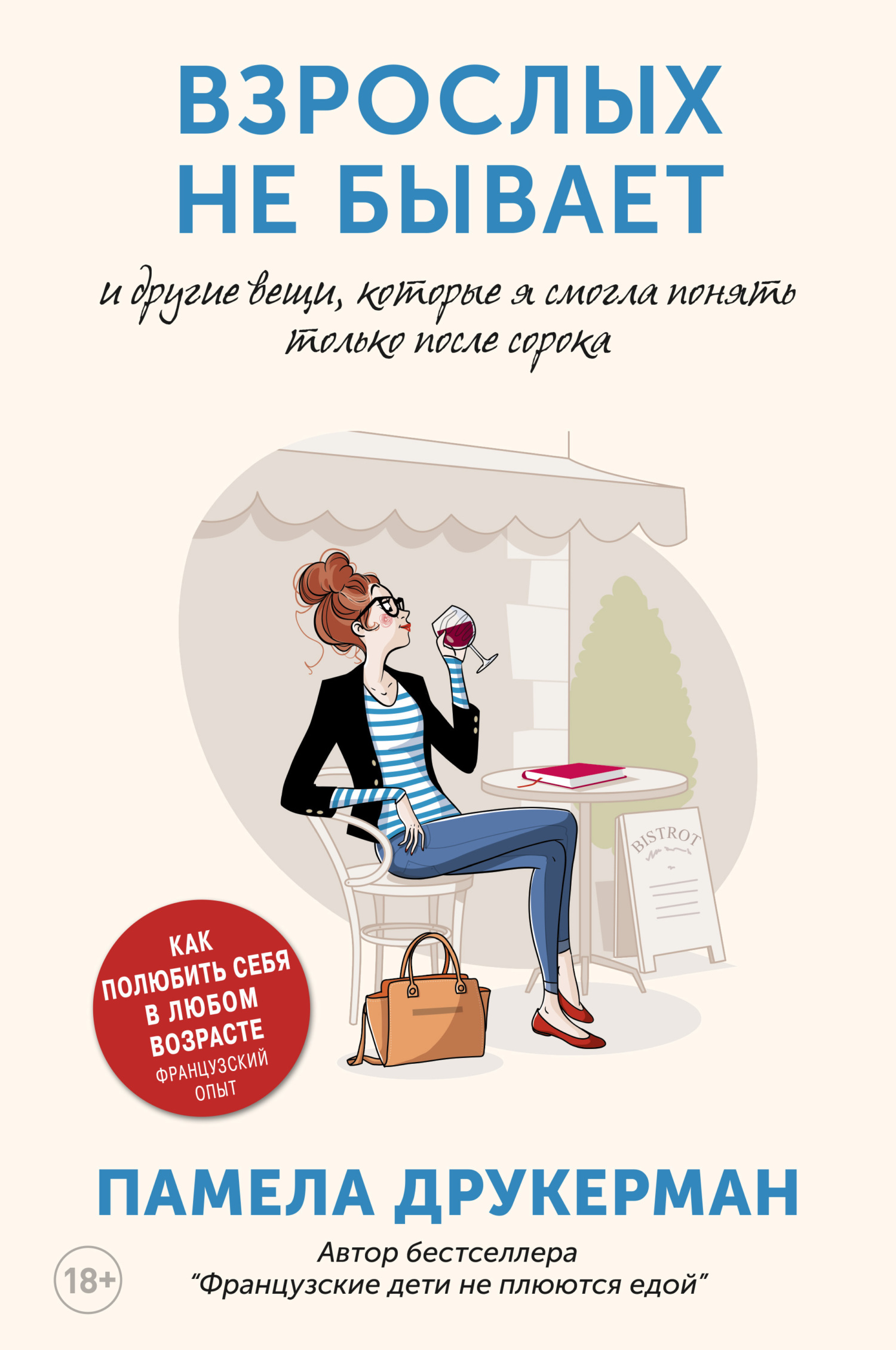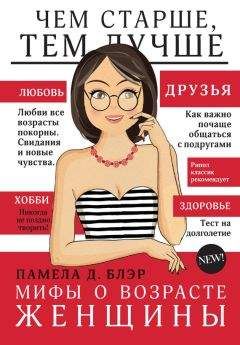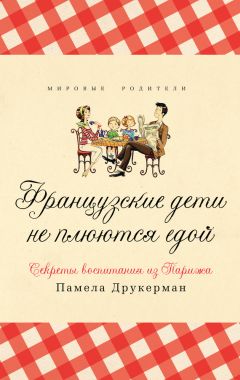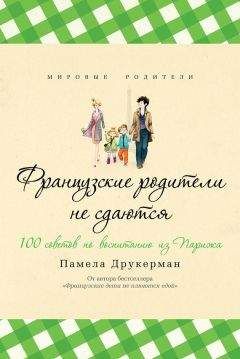Mean Wiser”.
New York Times, March 16, 2015.
Goldberg, Elkhonon. The Wisdom Paradox: How Your Mind Can Grow Stronger as Your Brain Grows Older. London: Free Press, 2005.
Grossmann, Igor, Jinkyung Na, Michael E. W. Varnum, Denise C. Park, Shinobu Kitayama, and Richard E. Nisbett. “Reasoning About Social Conflicts Improves into Old Age”. Proceedings of the National Academy of Sciences of the United States of America 107, no. 16, 7246–7250.
Grossmann, Igor, Jinkyung Na, Michael EL W. Varnum, Shinobu Kitayama, Richard E. Nisbett. “A Route to Well-being: Intelligence Versus Wise Reasoning”. Journal of Experimental Psychology: General 142, no. 3 (August 2013): 944–953.
Grossmann, Igor, Mayumi Karasawa, Satoko Izumi, Jinkyung Na, Michael E. W. Varnum, Shinobu Kitayama, and Richard E. Nisbett. “Aging and Wisdom: Culture Matters”. Psychological Science 23, no. 10 (2012): 1059–1066.
Hall, Stephen S. “The Older-and-Wiser Hypothesis”. New York Times Magazine, May 6, 2007.
Wisdom: From Philosophy to Neuroscience. New York: Alfred A. Knopf, 2010.
Hartshorne, Joshua K., and Laura T. Germine. “When Does Cognitive Functioning Peak? The Asynchronous Rise and Fall of Different Cognitive Abilities Across the Life Span”. Psychological Science 26, no. 4 (2015): 433–443.
Korkki, Phyllis. “The Science of Older and Wiser”. New York Times, March 12, 2014.
Qvortrup, Matthew. Angela Merkel: Europe’s Most Influential Leader. London: Gerald Duckworth & Co, 2017.
Sternberg, Robert J. Wisdom: Its Nature, Origins, and Development. Cambridge, UK: Cambridge University Press, 1990.
16. Как давать советы
Kalman, Maira. Commencement speech at Rhode Island School of Design, June 2013. https://vimeo.com/67575089.
Popova, Maria. “Wendell Berry on Solitude and Why Pride and Despair Are the Two Great Enemies of Creative Work”. www.brainpickings.org/2014/12/17/wendell-berry-pride-despair-solitude/.
Shandling, Garry. Comedians in Cars Getting Coffee, http://comediansincarsgettingcoffee.com/garry-shandling-its-great-that-garry-shandling-is-still-alive.
18. Как понять, что происходит
Ekman, Paul, Richard J. Davidson, Matthieu Ricard, and B. Alan Wallace. “Buddhist and Psychological Perspectives in Emotions and Well-Being”. Current Directions in Psychological Science 14, no. 2 (2005).
Epley, Nicholas. Mindwise. New York: Vintage Books, 2015.
Hartshorne and Germine. “When Does Cognitive Functioning Peak?”
Kidd, David Comer, and Emanuele Castano. “Reading Literary Fiction Improves Theory of Mind. Science, October 3, 2013.
Jones, Daniel P., and Karen Peart. “Class Helping Future Doctors Learn the Art of Observation, Yale News, April 10, 2009.
“Make Sure You’re Not Totally Clueless in Korea”. Seoulistic.com, April 8, 2013.
Moskowitz, Eva S. In Therapy We Trust. Baltimore: Johns Hopkins University Press, 2001.
Weir, William. “Yale Medical Students Hone Observational Skills at Museum”. Hartford Courant, April 10, 2011.
19. Как думать по-французски
Baudry, Pascal. French and Americans: The Other Shore. Translated by Jean-Louis Morhange. Pascal Baudry, 2005.
Carroll, Raymonde. Cultural Misunderstandings: The French-American Experience. Translated by Carol Volk. Chicago: University of Chicago Press, 1988.
Cranston, Maurice. The Noble Savage: Jean-Jacques Rousseau, 1754–1762. Chicago: University of Chicago Press, 1991.
Galantucci, Bruno, and Gareth Roberts. “Do We Notice When Communication Goes Awry? An Investigation of People’s Sensitivity to Coherence in Spontaneous Conversation”. PLOS One 9, no. 7 (July 2014).
Imada, Toshie, Stephanie M. Carlson, and Shoji Itakura. “East-West Cultural Differences in Con-text-Sensitivity Are Evident in Early Childhood”. Developmental Science 16, no. 2 (March 2013): 198–208.
Kitayama, Shinobu, Hazel Rose Markus, Hisaya Matsumoto, and Vinai Norasakkunkit. “Individual and Collective Processes in the Construction of the Self: Self-Enhancement in the United States and Self-Criticism in Japan”. Journal of Personality and Social Psychology 72, no. 6 (1997): 1245–1267.
Masuda, Takahiko, and Richard E. Nisbett. “Attending Holistically versus Analytically: Comparing the Context Sensitivity of Japanese and Americans”. Journal of Personality and Social Psychology 81, no. 5 (2001): 922–934.
Markus, H. R., and S. Kitayama. “Culture and the Self: Implications for Cognition, Emotion, and Motivation”. Psychological Review 98, no. 2 (1991): 224–253.
Nisbett, Richard E., Kaiping Peng, Inched Choi, and Ara Norenzayan. “Culture and Systems of Thought: Holistic Versus Analytic Cognition”. Psychological Review 108, no. 2 (2000): 291–310.
20. Как заводить друзей
Barlow, Julie, and Jean-Benoît Nadeau. The Bonjour Effect. New York: St. Martin’s Press, 2016.
Carroll. Cultural Misunderstandings.
Donnellan, M. Brent, and Richard E. Lucas. “Age Differences in the Big Five Across the Life Span: Evidence from Two National Samples”. Psychology and Aging 3 (September 23,2008): 558–566.
21. Как говорить нет
Bovenberg, Lans. “The Life-Course Perspective and Social Policies: An Overview of the Issues”. OECD, May 31, 2007. www.oecd.org/els/soc/38708491.pdf.
Brim, Orville Gilbert, Carol D. Ryff, and Ronald C. Kessler. How Healthy Are We? A National Study of Well-Being at Midlife. Chicago: University of Chicago Press, 2004.
Harford, Tim. “The Power of Saying ‘No’ ” FT Magazine, January 17/18, 2015.
Kolbert, Elizabeth. “No Time: How Did We Get So Busy?” New Yorker, May 26, 2014.
Kuper, Simon. “Stuck in the Rush-Hour of Life”. Financial Times, October 1, 2010.
Lachman. “Mind the Gap in the Middle”.
Schulte, Brigid. Overwhelmed. London, Bloomsbury, 2014.
“Women of the Hour with Lena Dunham: Zadie Smith,” podcast episode 4.
22. Как контролировать свою семью
Druckerman, Pamela. “Curling Parents and Little Emperors”. Harper’s Magazine, August 2015.
“We Are the World (Cup)”. New York Times, June 6, 2014.
Ekiel, Erika Brown. “Bringing Up Bébé? No Thanks. I’d Rather Raise a Billionaire”. Forbes.com, March 7, 2012.
23. Как бояться
Kuper, Simon. “Paris Witness: Simon Kuper in the Stade de France”. Financial Times, November 14, 2015.
24. Как узнать, откуда ты родом
Bemporad, Elissa. “Minsk”. www.yivoencyclopedia.org/printarticle.aspx?id=886.
Korkki, Phyllis. The Science of Older and Wiser. New York Times, March 12, 2014.
Staudinger, Ursula M. “The Study of Wisdom”. www.ursulastaudinger.com/research-3/the-study-of-wisdom/
United States Holocaust Memorial Museum. Holocaust Encyclopedia, Minsk, www.ushmm.org/wlc/en/article.php?ModuleId=10005187#seealso.
Yad Vashem. “Minsk: Historical Background”. www.yadvashem.org/righteous/stories/minsk-historical-background.html.
“Online Guide of Murder Sites of Jews in the Former USSR”. www.yadvashem.org/yv/en/about/institute/killing_sites_catalog_details_full.asp?region=Minsk.
Yahad in Unurn. Transcripts of testimonies on Minsk.
25. Как сохранить брак
Bloch, Lian, Claudia M. Haase, and Robert W. Levenson. “Emotional Regulation Predicts Marital Satisfaction: More Than a Wives’ Tale”. Emotion 14, no. 1 (February 2014): 130–144.
Carroll. Cultural Misunderstandings.
Finkel, Eli J. “The All-or-Nothing Marriage”. New York Times, February 14, 2014.
Finkel, Eli J., Elaine O. Cheung, Lydia F. Emery, Kathleen L. Carswell, and Grace M. Larson. “The Suffocation Model: Why Marriage in America Is Becoming an All-or-Nothing Institution”. Current Directions in Psychological Science 24, no. 3 (2015): 238–244.


![Памела Друкерман - Французские дети не плюются едой [секреты воспитания из Парижа]](https://cdn.my-library.info/books/234866/234866.jpg)


